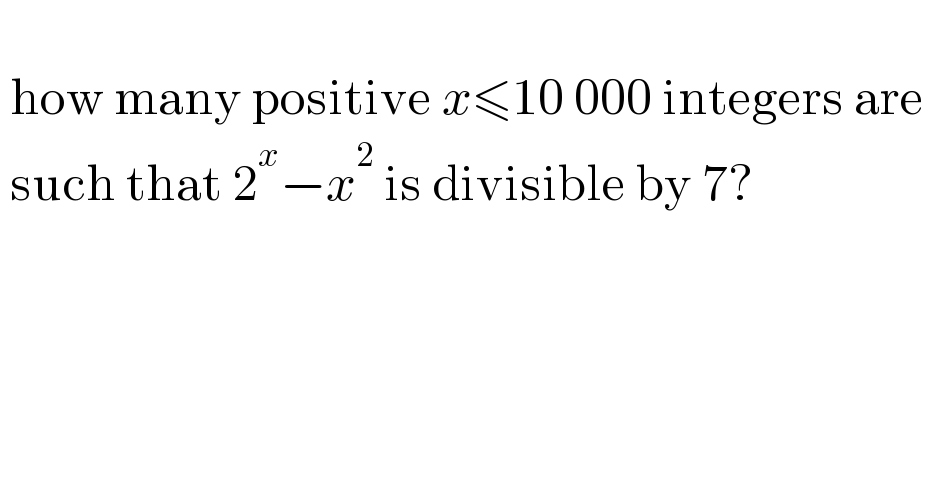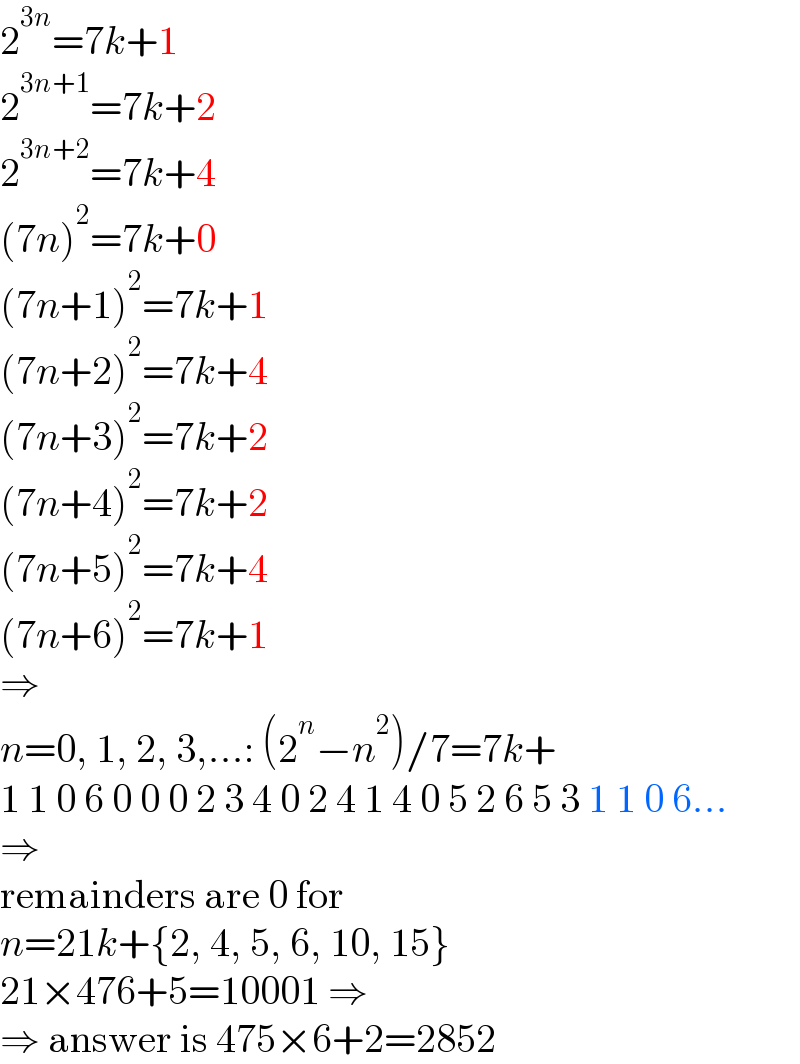
Question and Answers Forum
Question Number 154672 by talminator2856791 last updated on 20/Sep/21

Answered by MJS_new last updated on 20/Sep/21

Commented by mathdanisur last updated on 20/Sep/21

| ||
Question and Answers Forum | ||
Question Number 154672 by talminator2856791 last updated on 20/Sep/21 | ||
 | ||
Answered by MJS_new last updated on 20/Sep/21 | ||
 | ||
| ||
Commented by mathdanisur last updated on 20/Sep/21 | ||
 | ||